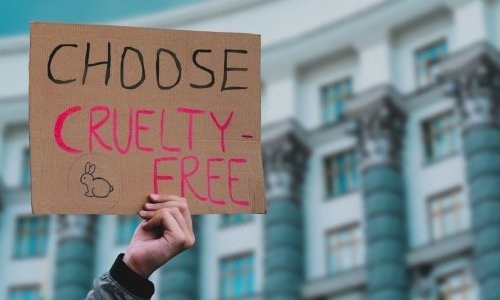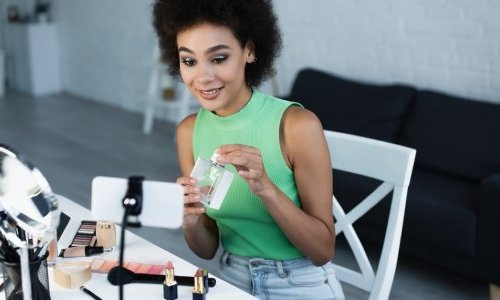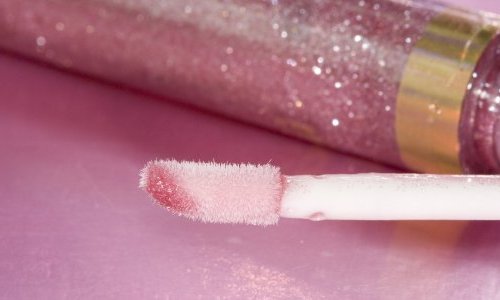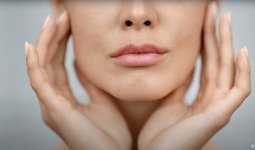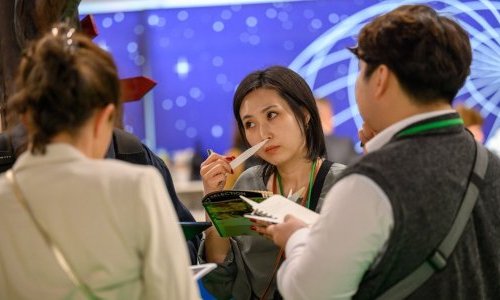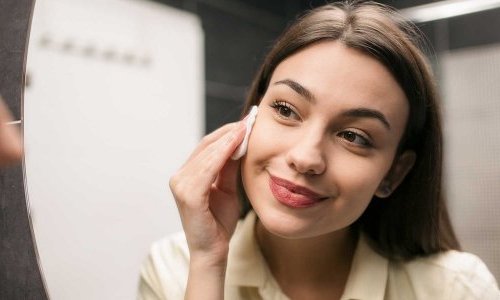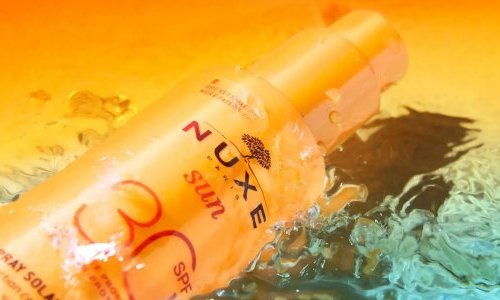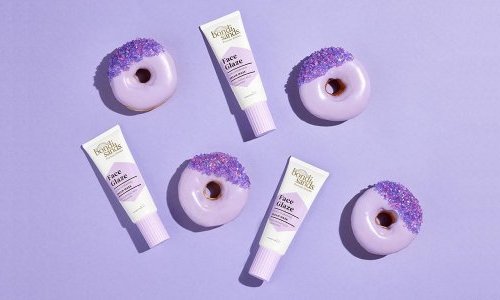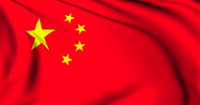
New organisation
Along the years, the organization system of regulatory offices has been quite modified with a growing involvement of the China Food & Drug Administration (CFDA) in the cosmetics industry. It has more and more replaced the role of the Hygiene Bureau and consequently has increased the importance of toxicology and concern on impacts for consumer safety.
| FOR A BETTER UNDERSTANDING OF CHINESE REGULATIONS To better understand the Chinese regulations on the import of cosmetic products, SEYCO (Sino-European Yihong Consulting Ltd.), in partnership with PremiumBeautyNews.com, provides you with an entirely bilingual (English-Chinese) collection of the cosmetic products regulations in China. Check here. |
Similarly the involvement of the powerful AQSIQ (General Administration of Quality Supervision, Inspection and Quarantine) has been increasing with recent scandals on food industry, leading to a strengthening role of the ministerial-level agency in control of cosmetics companies. As AQSIQ also administrates the Entry-Exit Inspection and Quarantine Bureau as well as the Bureau of Quality and Technical Supervision, the respective roles of these two provincial-level entities have also grown in importance.
New ingredients registration, a barrier to innovation?
All these constraints have been an increasing problem, in particular for small and medium size companies that have more difficulties to overcome the extra-costs.
However, the worst impact of these regulations seems to be on manufacturers and importers of cosmetic ingredients. Indeed, the list of officially approved ingredients is not that much comprehensive, compared to international practices. Furthermore, as any new ingredient (i.e. which is not in the list approved by Chinese authorities) needs to pass through a very long registration process, the whole system appears a huge barrier for players of the cosmetic ingredients industry, in particular when innovation is at stake.
For new comers, the barrier is high and entering into the Chinese market is not always the best strategic option.
Delay and administrative work
While procedures are longue and burdensome for cosmetic products that are made in China, it appears that in practice the hassle is much stronger for imported products and registration then becomes a major issue.
The 5-year plan voted last year is focusing on domestic consumption, with the aim to support the Chinese industry. The context is not favourable to imported products. These politics have a real and strong impact on the business timeline the approval of imported cosmetic products is usually going through at the national level in Beijing, while the registration of domestic products is performed at the regional level.
For a brand, the whole registration process would require one year in average for new products with a new formula, in particular due to the toxicology tests that must be performed in China. Such a delay may lead to tricky situations, in particular for products that must be marketed quickly, especially on some special occasions such as Chinese New Year or the upcoming Singles Day on the next November 11th.



